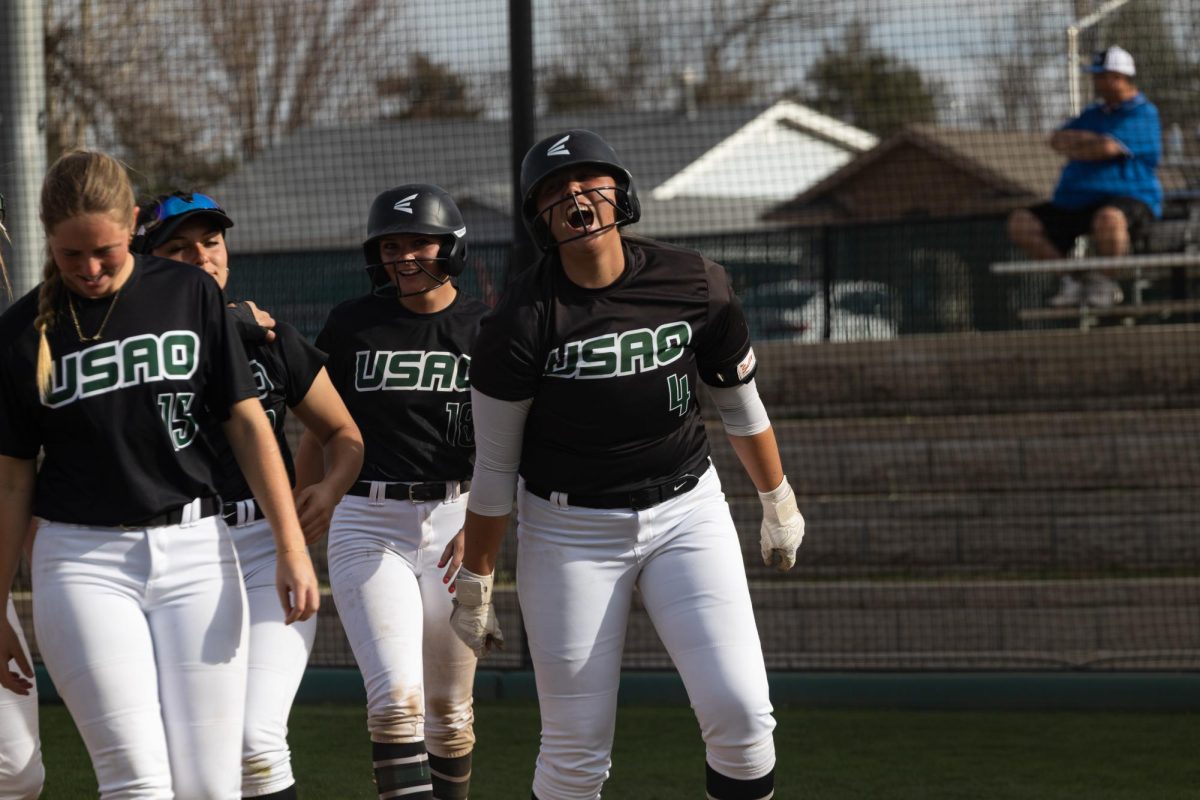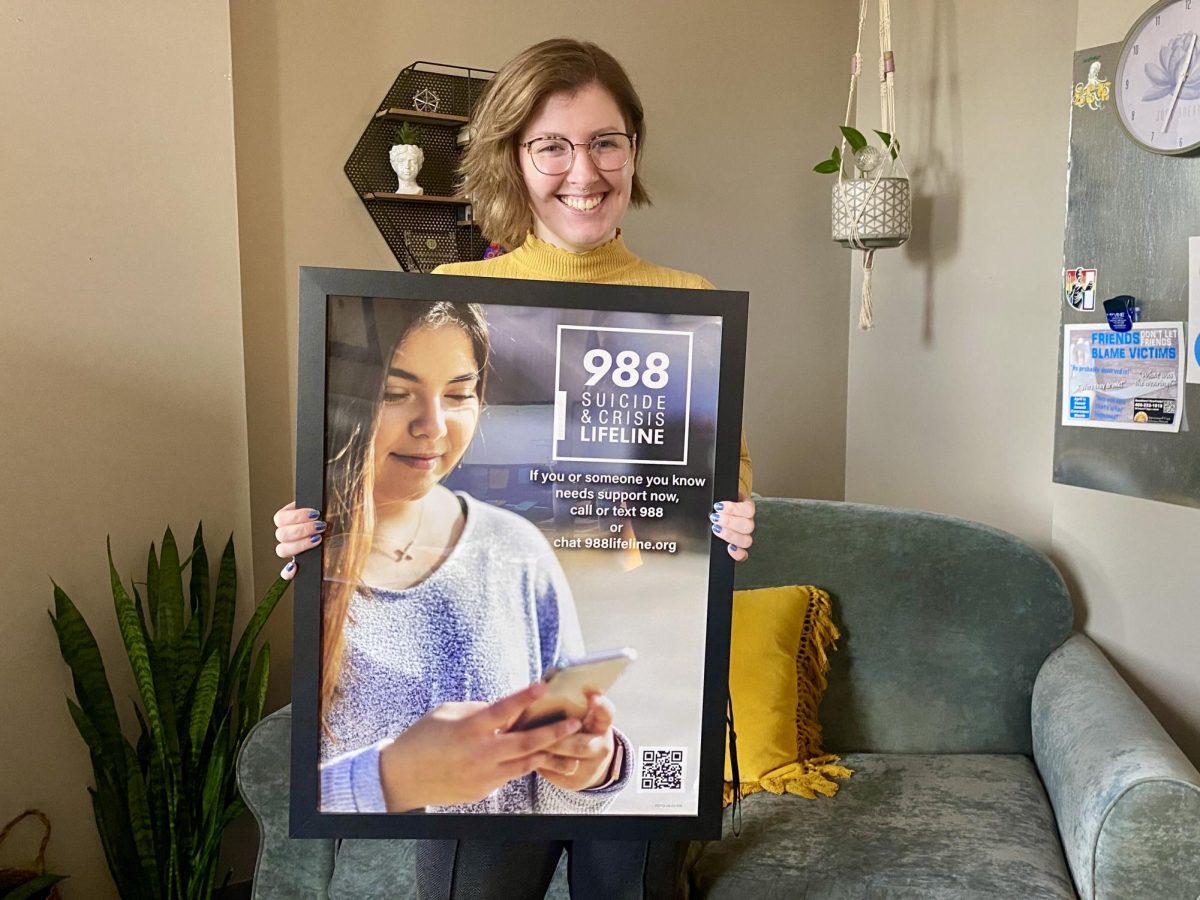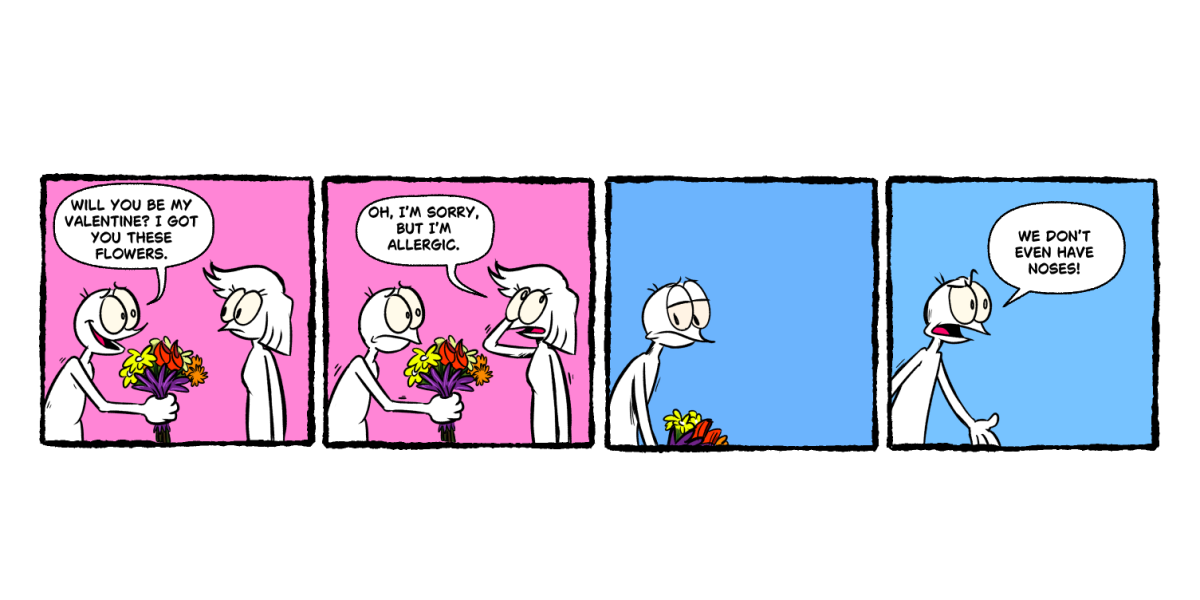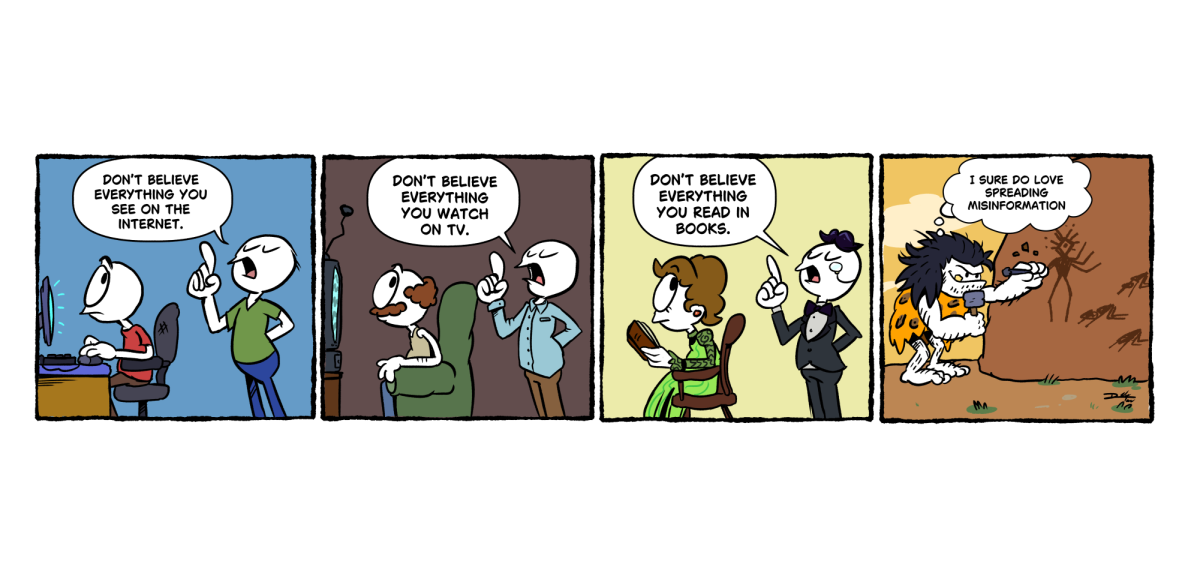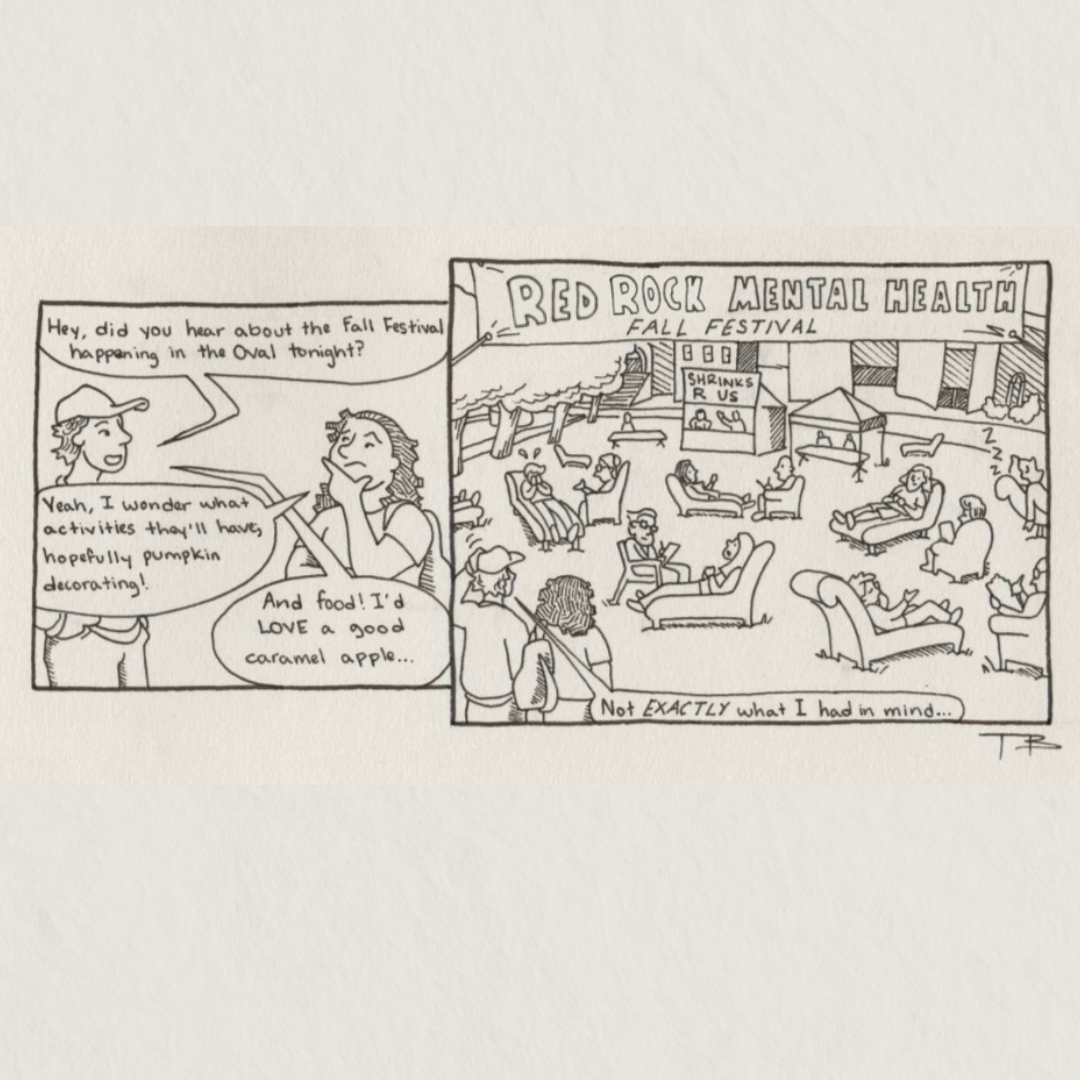As much as I wanted to deliver the content of this review written on poster board while standing outside my best friend’s house in order to demonstrate my undying love for Kiera Knightly (as any reasonable person would), I suppose the tried-and-true medium of a newspaper article will have to suffice for budgetary reasons.
It’s officially been two entire decades since the seasonal favorite, “Love, Actually” graced the silver screen for the first time in its theatrical debut, and, in honor of this momentous occasion, AMC has issued a second release of the film in certain theaters, which I happened to attend.
If you’re anything like me, “Love, Actually” is quintessential Christmas viewing. I rarely make it through the entire holiday season without at least one watch through. This movie has a very special place in my heart. That said, it is not without its flaws.
This movie is a bonafide Christmas classic filled with creepily awkward crushes, endless fat jokes about some of the thinnest women you’ve ever seen, and at least fifty different shades of holiday infidelity. These elements and more are what make the film stand apart from others in its genre. It’s not a perfect story by any means. In fact, its blatantly messy and chaotic narrative holds a more direct mirror up to real life than any other romantic comedy I can think of.
Most Christmas movies want to make their audience feel holly and jolly, encouraging them to appreciate the Christmas season and spirit for all it brings to their lives. “Love Actually” counters this message with a controversial one of its own: sometimes Christmas sucks just as much as everyday life, but, at the end of the day, at least we have each other…sometimes. Boasting some of the biggest names in Hollywood, one could certainly argue that the cast is wasted on what many feel is a mediocre story with borderline no narrative cohesion. I would challenge this sentiment by stating my personal truth on the matter: regardless of whether the movie is objectively good or bad, there are many enjoyable moments that pull at your heartstrings, jerk tears from your eyes, and warm your heart to its stony, cold center. For that, I think it’s earned its accolades as one of the most iconic films of Christmas past.
In this film, nothing can stand in the way of love: not culture, not language, not the object of your desire already being married with children, nothing! This calls into question the moral turpitude of the entire endeavor. Focusing its plot largely on the supposedly sympathetic cheating husbands and affable porn stars that comprise the main cast of characters, “Love, Actually” is actually one of the more adult Christmas movies in the cultural holiday catalog. Even on what must’ve been my twelfth time seeing the film, I found myself wondering who exactly I was supposed to be rooting for.
A smattering of A-listers helps to create a delightful snowy haze around the moral ambiguity of the characters’ behavior, allowing us as viewers to enjoy the journey for its charismatic star power as opposed to its questionable script.
“Love, Actually” is one of the weirdest, most disjointed, star-studded films of the last century, and its influences throughout pop culture are not to be underestimated. The iconic poster board love confession is referenced like gangbusters in films and television alike, and that catchy Christmas tune can stay bopping around in your head for hours, if not days, after a viewing. In summation, I believe that the movie is filled with complicated characters who show us year after year that, as unfortunate or glorious as its consequences prove to be, the heart just wants what it wants. As complex and intermittently irritating as the interwoven love stories can be, I’ve found, after years of research, that “Love, Actually” actually is quite a lovely watch.
Gabi Merchen is a fourth-year communication major at the University of Science and Arts of Oklahoma




































